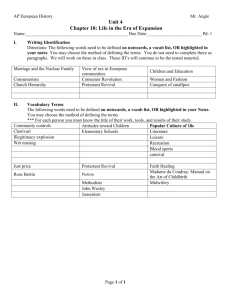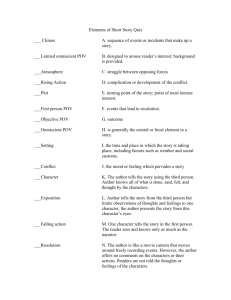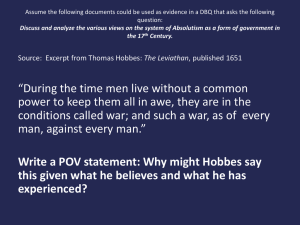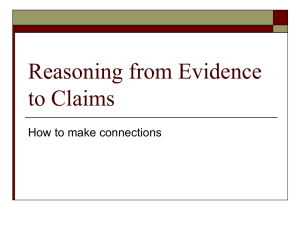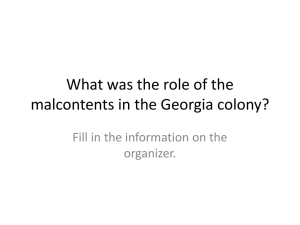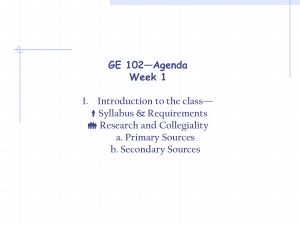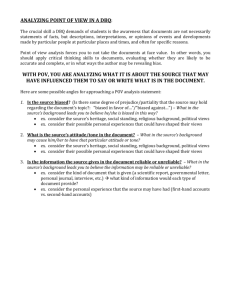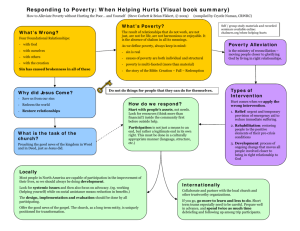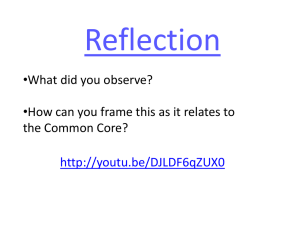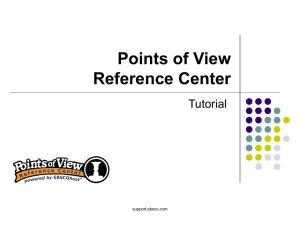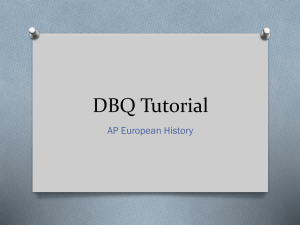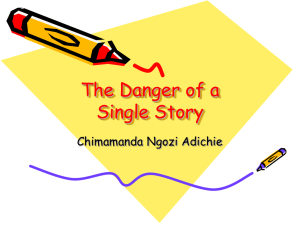Unit 7 Chapter 21: Ideologies and Upheavals
advertisement
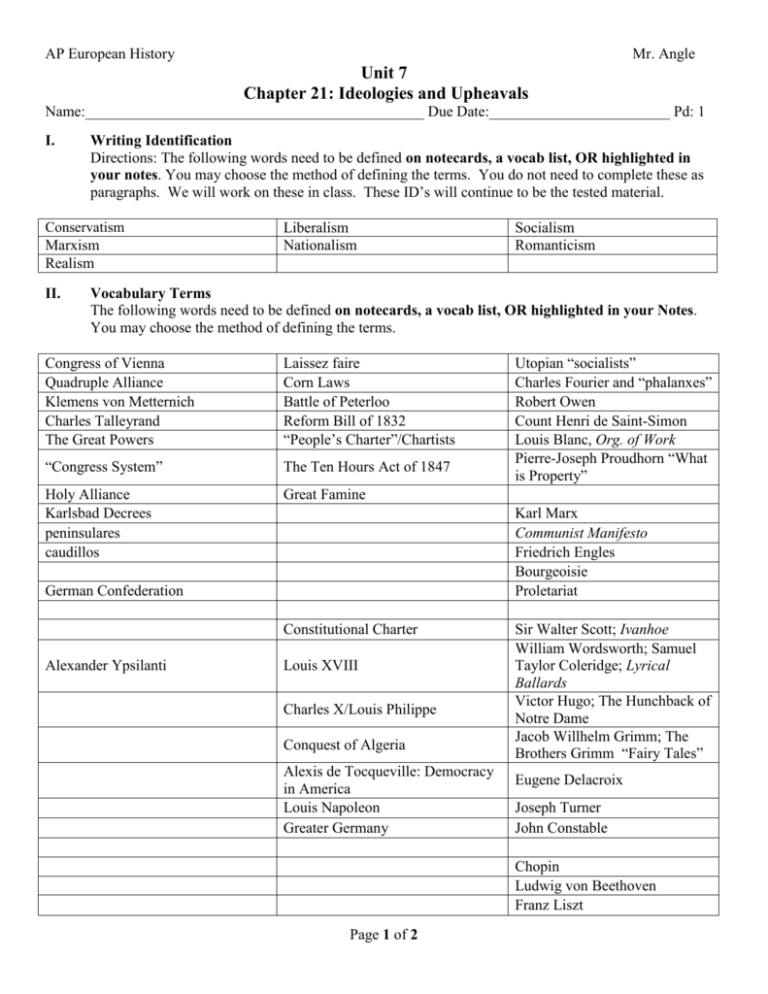
AP European History Mr. Angle Unit 7 Chapter 21: Ideologies and Upheavals Name:_____________________________________________ Due Date:________________________ Pd: 1 I. Writing Identification Directions: The following words need to be defined on notecards, a vocab list, OR highlighted in your notes. You may choose the method of defining the terms. You do not need to complete these as paragraphs. We will work on these in class. These ID’s will continue to be the tested material. Conservatism Marxism Realism II. Liberalism Nationalism Socialism Romanticism Vocabulary Terms The following words need to be defined on notecards, a vocab list, OR highlighted in your Notes. You may choose the method of defining the terms. Congress of Vienna Quadruple Alliance Klemens von Metternich Charles Talleyrand The Great Powers Laissez faire Corn Laws Battle of Peterloo Reform Bill of 1832 “People’s Charter”/Chartists “Congress System” The Ten Hours Act of 1847 Holy Alliance Karlsbad Decrees peninsulares caudillos Great Famine Karl Marx Communist Manifesto Friedrich Engles Bourgeoisie Proletariat German Confederation Constitutional Charter Alexander Ypsilanti Utopian “socialists” Charles Fourier and “phalanxes” Robert Owen Count Henri de Saint-Simon Louis Blanc, Org. of Work Pierre-Joseph Proudhorn “What is Property” Louis XVIII Charles X/Louis Philippe Conquest of Algeria Alexis de Tocqueville: Democracy in America Louis Napoleon Greater Germany Sir Walter Scott; Ivanhoe William Wordsworth; Samuel Taylor Coleridge; Lyrical Ballards Victor Hugo; The Hunchback of Notre Dame Jacob Willhelm Grimm; The Brothers Grimm “Fairy Tales” Eugene Delacroix Joseph Turner John Constable Chopin Ludwig von Beethoven Franz Liszt Page 1 of 2 AP European History III. Note Taking Mr. Angle 1. Notes will be taken for all assigned textbook passages. All of the notes are to be completed on the assigned date listed on the homework syllabus sheet. 2. Your notes MUST be divided into sections that match the textbooks heading and subheadings. a. TO BE CLEAR: You must write “The Early Reformation” because that is a heading in the textbook. You will then provide an explanation of “The Early Reformation” in note form. b. TO BE CLEAR: You must write “The Christian Church in the Early Sixteenth Century” because that is a subheading in the textbook. You will then provide an explanation of “The Christian Church in the Early Sixteenth Century” in note form. 3. All notes MUST be handwritten. 4. Your notes must cover the key points of the text and be comprehensive enough to help you study for the unit test and the AP Exam. 5. Notes will be collected on the day of the test. IV. Primary Sources: POV Write-up 1. You are to read the document for the date given in the unit syllabus. Please get the gist of the document and understand why it was selected in connection to the reading. 2. For each document students will select on thought/idea/statement of the passage. a. The passage should be emblematic of the whole document. b. Write a POV paragraph commenting on the selected part of the passage. c. This POV should be focused and not the entire APPARTS. d. This POV should focus upon why the author would have his/her opinion. e. This POV should not be a random/unsupported comment about bias. APPARTS: 1. Source and Author: What is the name of the source and who created the source? 2. Place and time: Where and when was the source produced? 3. Prior knowledge: What do you already know that would help you to understand the source? 4. Audience: For whom was the source produced at the time it was produced? 5. Reason: Why was the source produced at the time it was produced? 6. The main idea: What is the source trying to convey? * 7. Significance: Why is the source important? 8. Identification: Determine which of the following categories that this document best fits into: S P E R M (Social, Political, Economic, Religious, Military) Page 2 of 2
